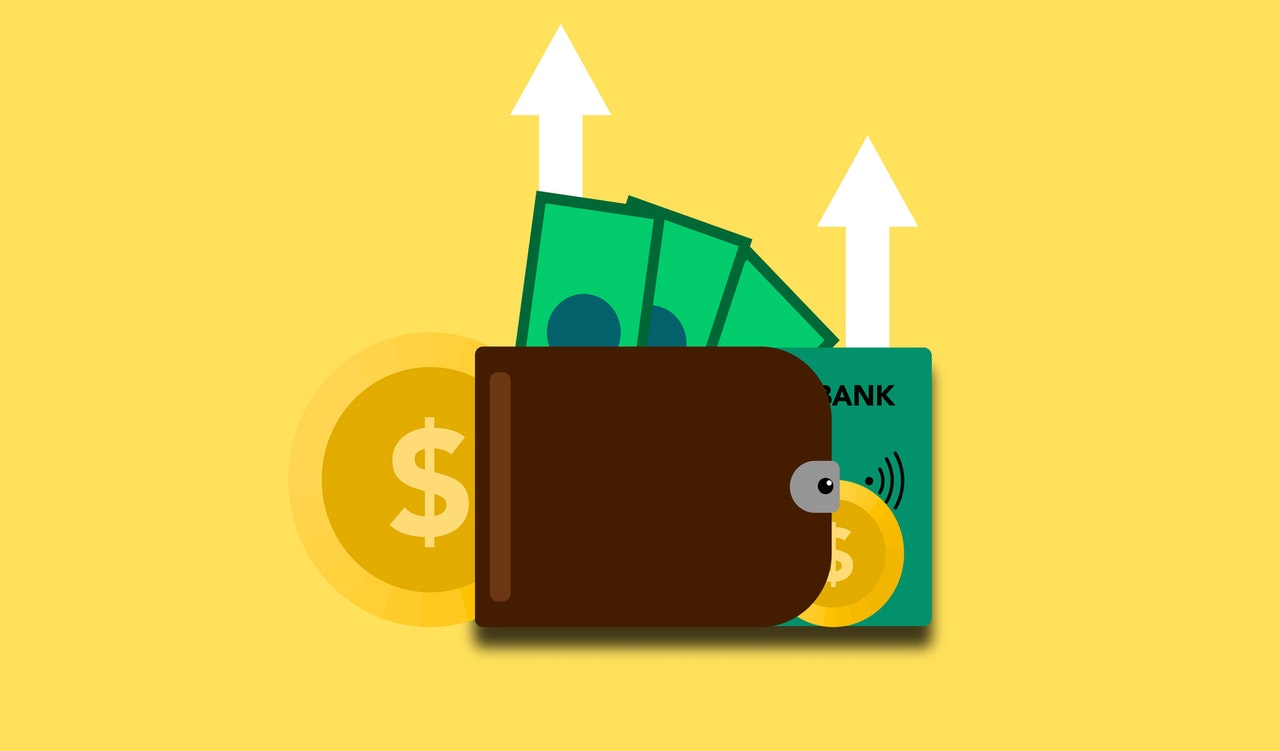Although many merchants today will argue that chargebacks are part and parcel of running an online business, it is not something to tackle without some serious reinforcements. The negative repercussions are too great to not have a solid, strategic plan to mitigate them.
Chargebacks are a substantial drain on a merchant’s finances. It is more effective to take a proactive versus a reactive approach to tackling these chargebacks head-on. One tool to consider is purchasing a chargeback insurance policy.
But does it work as it would a collision, fire, or flood insurance? Let’s find out.
Chargeback Insurance Defined
Chargeback insurance, also known as chargeback reimbursement or chargeback warranty, is a type of insurance policy that protects merchants from costs tied to credit card fraud. It also covers situations when a credit card user, that is not the owner of the card, makes a fraudulent purchase. For claims that could arise from these fraudulent transactions, the chargeback insurance policy covers the merchant’s liability.
How Does It Work?
Although it largely depends on the vendor you choose and the terms within the policy, the general way that chargeback insurance works are as follows:
- Select a vendor: Chargeback insurance can be purchased as an “add-on” component to your existing fraud detection services.
- Accept the terms: Most of these chargeback insurance companies come with specific terms as well as restrictions. It is critical that all of these conditions are followed. Violating any of these terms could mean that any reimbursement requests could be rejected.
In order for chargeback insurance to really be effective, or deliver with a healthy return on investment, you must have a “high approval rate” for your reimbursement requests.
- Checking for fraud: After you select a fraud detection tool of choice, it will scan each transaction that is processed, looking out for any suspicious signs of fraudulent activity. Those transactions that are legitimate and from authorized card users are approved. Those that are suspicious and stem from unauthorized card users are rejected.
- The vendor provides reimbursements for chargebacks: If the tech does not succeed in flagging a fraudulent transaction, and you inevitably receive a chargeback, you can file a claim to receive reimbursement.
The amount of the reimbursement will depend on the terms of the policy. The insurer could reimburse you for loss of profit and the actual cost of the product or the service sold.
Pros: What It Covers
When it comes to coverage, all chargeback insurance companies will differ in what they actually cover. Generally, all chargeback insurance companies will reimburse chargebacks that are identified with “fraud-related reason codes.”
In addition, in order to qualify for reimbursements, chargebacks that are related to fraud must meet certain criteria. Some of these requirements could look like this:
- The vendor’s technology approved the fraudulent transaction.
- The reimbursement request must be submitted by a certain deadline.
- You have evidence or proof of delivery such as a tracking number for physical goods or usage logs for all digital goods.
- The item purchased was already shipped well before the “chargeback notification date.”
Cons: What It Does Not Cover
Something very important to keep in mind is that chargeback insurance policies should not replace any chargeback prevention tools or management systems. It also does not offer you comprehensive protection. Instead, your chargeback insurance policy only works to protect you in cases of legitimate fraud.
One thing that chargeback prevention insurance policies do not cover is cases of friendly fraud. As an example, if one of your customers orders an item off your website and is delivered, yet your customer claims that they have never received it, this will turn into a chargeback.
The downside is that you will not be covered. Although this type of friendly fraud is steadily growing and merchants are desperately seeking solutions to curb this trend, “friendly fraud insurance” unfortunately does not exist.
Here are more things that are not covered under chargeback insurance:
- Deliveries that have failed
- Any errors caused by the merchant ( errors in recurring transactions or damaged or incorrect goods upon delivery)
- Digital goods
- Sales to high-risk areas
There really is no sure-fire way to prevent every chargeback that comes your way, regardless of all the tools and resources at your fingertips. What chargeback insurance policies do is mitigate some of the fees and costs associated with chargebacks. When it comes to actual coverage, let’s just say it’s a bit inadequate.
Prevention Is Still The Best Medicine
Dealing with chargebacks is one of the most expensive and time-consuming problems you will ever encounter throughout the life of your business. The key is to focus your effort on preventing the disputes from developing into chargebacks in the first place.
Here are some tactics that you can start using in your business today to make a meaningful dent in preventing chargebacks:
- Before an order is fulfilled, ensure you and your employees carefully investigate any orders that are suspected to be fraudulent.
- Ensure that all of your company’s contact information (e-mail, phone number, social media handles) is prominently displayed on your website, should a customer need to speak to someone or need assistance.
- Make certain that the entire customer journey and purchase experience are seamless from beginning to end. This includes from the time of conversion to the moment after the product has been successfully delivered.
- Also make certain that all of your shipping, taxes, and delivery information is prominently displayed. Provide your customers with a final receipt after purchase so they know what they purchase and the amount.
Step Up Your Chargeback Prevention Solutions
As mentioned before, chargebacks will find a way through your many transactions throughout the life of your business. However, that does not mean one should be lax in implementing robust solutions to lessen the damage.
Chargeback insurance policies are just another tool in the toolbox to arm yourself against the many challenges of fraud that will come your way.


